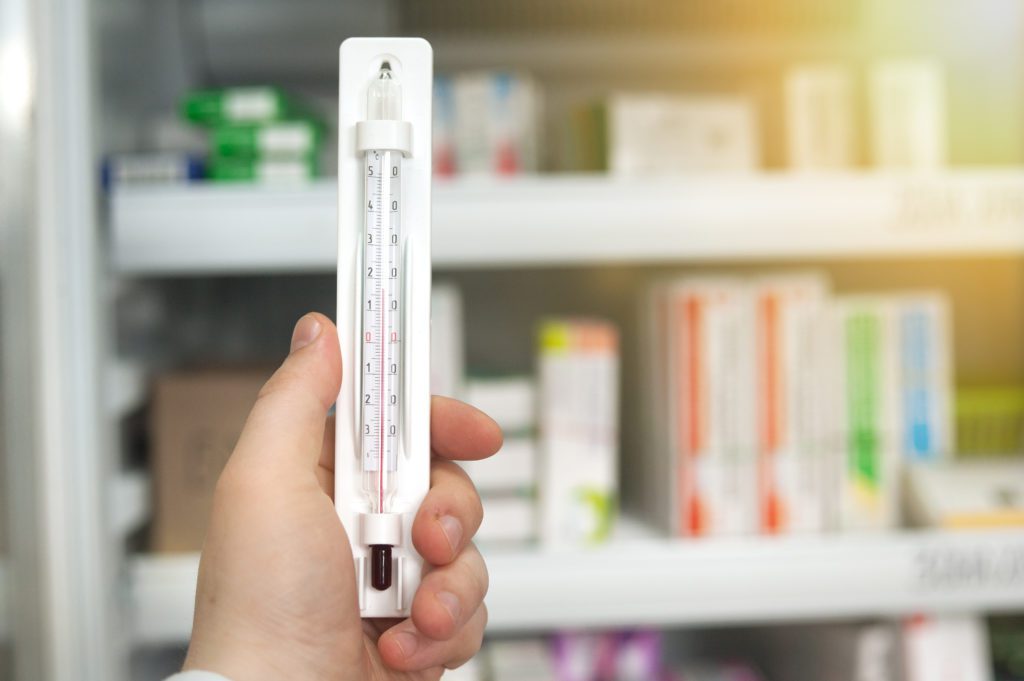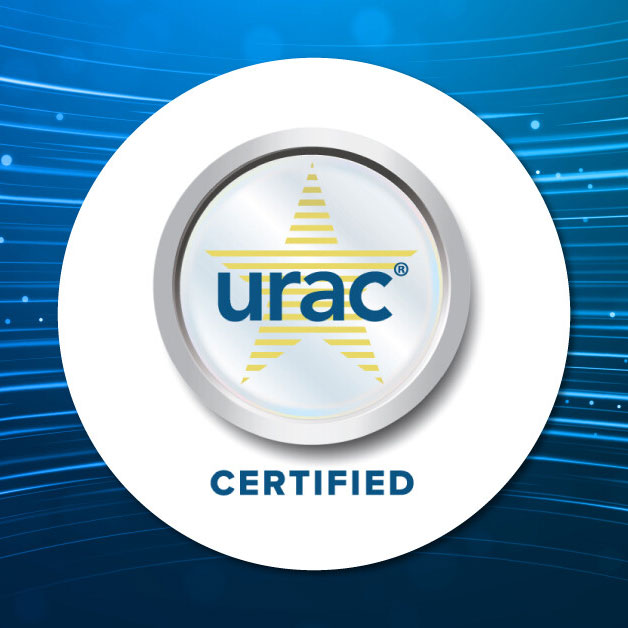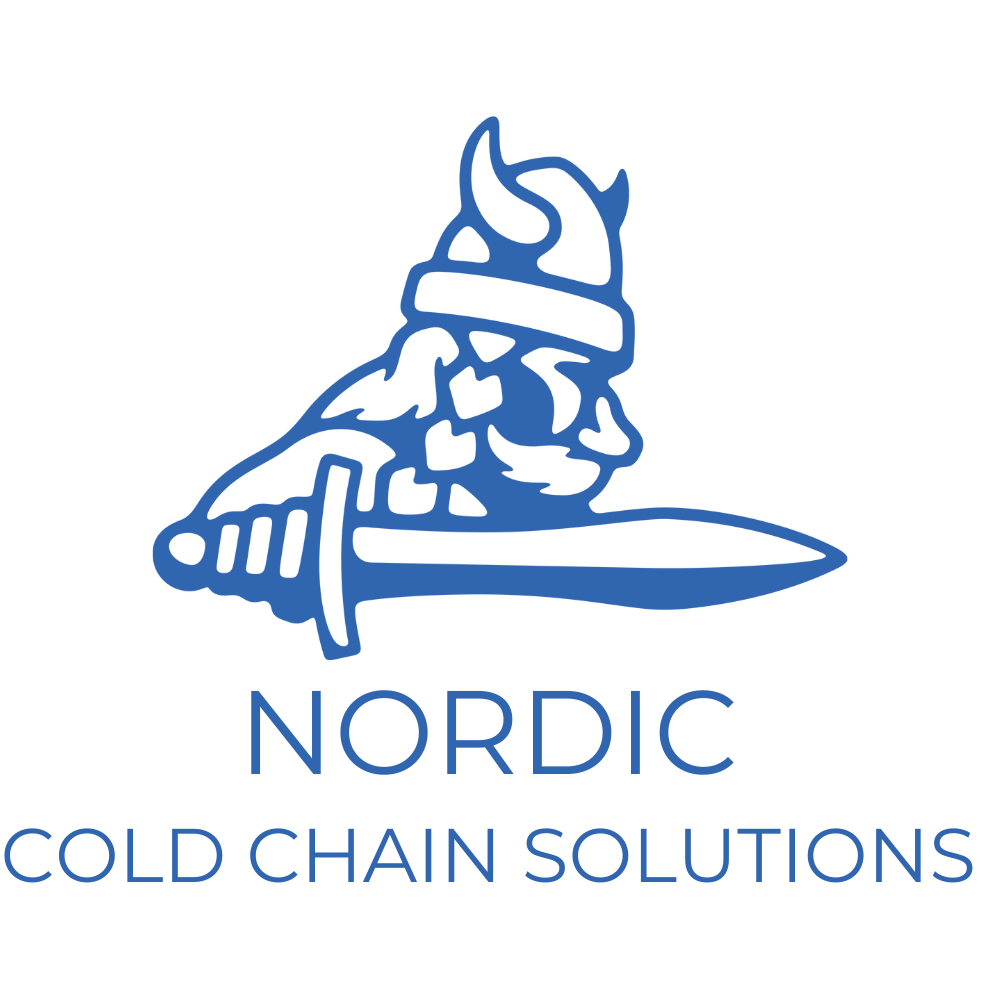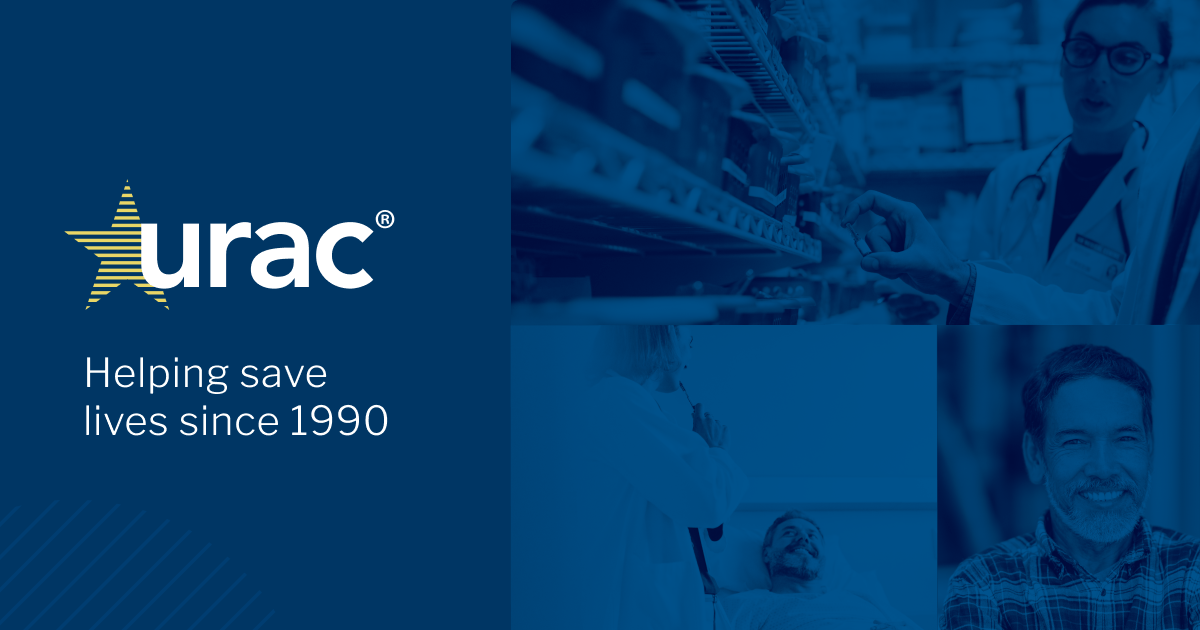For many businesses in the healthcare industry, navigating regulations and regulatory bodies can be a difficult task. This is especially true when it comes to URAC compliance – an evaluation process that helps ensure organizations adhere to evidence-based standards for quality and safety. Understanding the intricacies of this process is essential for complying with current healthcare regulations, yet doing so can often seem like a daunting task. In this post, we’ll explore what exactly URAC compliance is, and how it impacts your business.

What is URAC Compliance?
URAC Compliance is an important set of standards that organizations must adhere to in order to demonstrate their commitment to providing quality healthcare services and products. URAC, which stands for Utilization Review Accreditation Commission, is a nonprofit entity established in 1990 as an independent body with the mission of improving healthcare quality by promoting best practices for health plan oversight, utilization review, and management processes. URAC’s accreditation program provides an external review of organizational processes and compliance with established best practice standards.

The URAC Compliance program has been designed to promote consistency across diverse sectors within the industry such as:
- Pharmacy benefit management (PBM),
- Case management
- Supplemental benefits
- Medical necessity reviews
- Drug utilization review (DUR).
The five key areas addressed by the accreditation include corporate governance; operational structure; process integrity; customer service and data security.
By adhering to these regulations, organizations are able to ensure they remain compliant with governmental regulations while demonstrating they have met numerous performance metrics related to patient safety and satisfaction levels.
How URAC Compliance Can Impact Your Business
 Understanding how URAC compliance can impact your business is an important step in creating a competitive advantage. For businesses, complying with URAC regulations not only helps improve the quality of care but also provides recognition within the industry. As a leader in healthcare compliance management, achieving URAC accreditation can indicate that your organization has achieved superior levels of excellence in providing safe and effective services while demonstrating a commitment to accountability. This demonstrates to both customers and potential clients that you stand behind their products or services with confidence because they meet nationally recognized criteria for performance excellence in accordance with high-quality healthcare needs.
Understanding how URAC compliance can impact your business is an important step in creating a competitive advantage. For businesses, complying with URAC regulations not only helps improve the quality of care but also provides recognition within the industry. As a leader in healthcare compliance management, achieving URAC accreditation can indicate that your organization has achieved superior levels of excellence in providing safe and effective services while demonstrating a commitment to accountability. This demonstrates to both customers and potential clients that you stand behind their products or services with confidence because they meet nationally recognized criteria for performance excellence in accordance with high-quality healthcare needs.
Accreditation Process
The URAC Accreditation process is a comprehensive program of quality assurance and compliance evaluation. It involves an extensive review of an organization’s services, policies, operations, and procedures to ensure high standards are met and patient safety is maintained.
To become accredited by the URAC, applicants must meet a set of requirements established by the organization. This includes completing an online application, agreeing to various terms & conditions, paying applicable fees, and successfully completing all required assessments.
There are four steps to the URAC accreditation process: self-assessment, on-site visit, final report, and accreditation decision.

- Self-Assessment: The first step is to complete a self-assessment questionnaire, which will be used to evaluate your organization’s compliance with URAC standards. This can be a lengthy process, but it’s important to take the time to do it right.
- On-Site Visit: Once the self-assessment is complete, a team of URAC experts will come to your site for an on-site visit. This provides an opportunity for you to show off your facilities and answer any questions the team may have.
- Final Report: After the on-site visit, the URAC team will prepare a final report detailing their findings. This report will be shared with you so you can see what areas need improvement before moving on to the next stage.
- Accreditation Decision: Once all of the above steps have been completed, the URAC Board of Commissioners will review your application and make a decision about whether or not to grant you accreditation. If all goes well, you’ll be officially accredited!
Final Thoughts
URAC compliance is a detailed and rigid process, but the benefits of becoming compliant are numerous. Not only will it improve your chances of success in an increasingly competitive marketplace, but it will also give you a significant competitive advantage over companies that have not yet achieved URAC compliance.
Contact us today to learn how we can help you remain URAC-compliant by keeping your products safe during transport.






